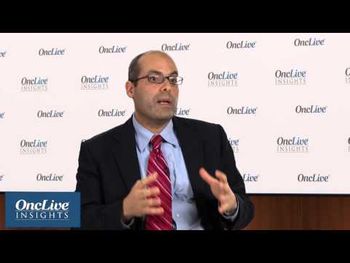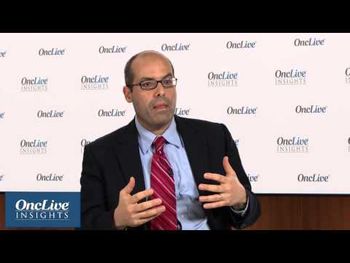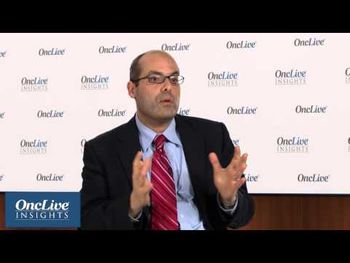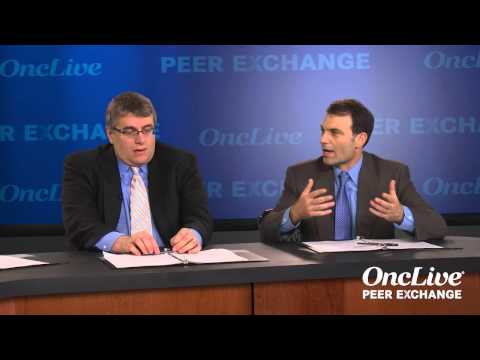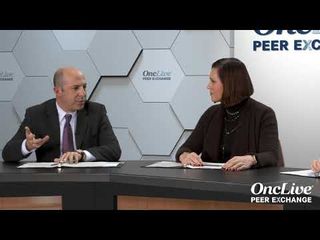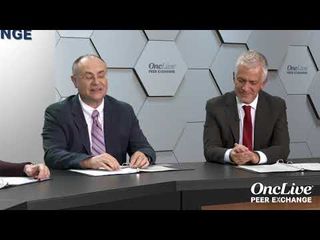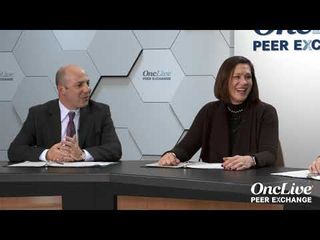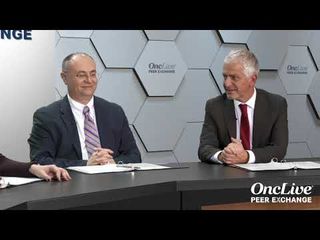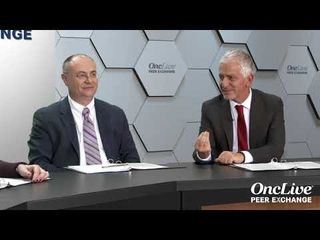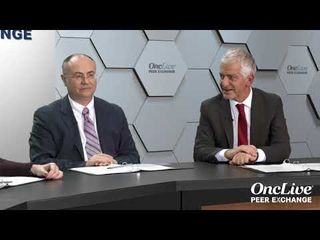
Gastrointestinal Cancer
Latest News
Latest Videos

CME Content
More News


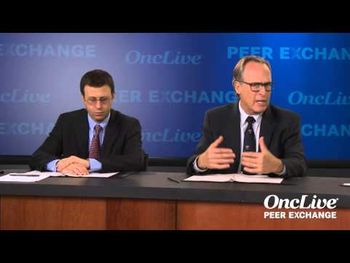

Josep Tabernero, MD, PhD, discusses the potential of the antibody mixture Sym004 in mCRC, as well as other emerging trends in the management of colorectal cancer.

Charles S. Fuchs, MD, discusses the impact of the approval of ramucirumab in metastatic colorectal cancer and what further research is needed for the optimal utilization of the VEGFR-2 inhibitor.

Treatment with the oral nucleoside TAS-102 (tipiracil hydrochloride) demonstrated a significant improvement in overall survival compared with placebo for patients with refractory metastatic colorectal cancer.

A partnership between the Pancreatic Cancer Action Network and Perthera, a self-described "concierge" for molecular diagnostic testing, is aiming to give patients with this hard-to-treat cancer the ability to determine the best course of treatment.

Andrew T. Chan, MD, MPH, a research fellow in the Department of Nutrition at the Harvard School of Public Health, discusses the impact of aspirin of cancer risk.


Daniel Von Hoff, MD, the Physician-in-Chief and Director of Translational Research at the Translational Genomics Research Institute (TGen) and a special consult with Baylor University College of Medicine, discuses combination treatments for pancreatic cancer.

A new drug application has been submitted for MM-398 in combination with 5-fluorouracil and leucovorin for patients with metastatic pancreatic cancer following prior treatment with a gemcitabine-based therapy.

The FDA has approved second-line ramucirumab in combination with FOLFIRI as a treatment for patients with metastatic colorectal cancer (mCRC) following progression an upfront bevacizumab-containing regimen.

A recent study joins a body of evidence suggesting that long-term, regular aspirin use is associated with a reduced risk for cancer, with the most dramatic reduction being seen in colorectal cancer incidence.
